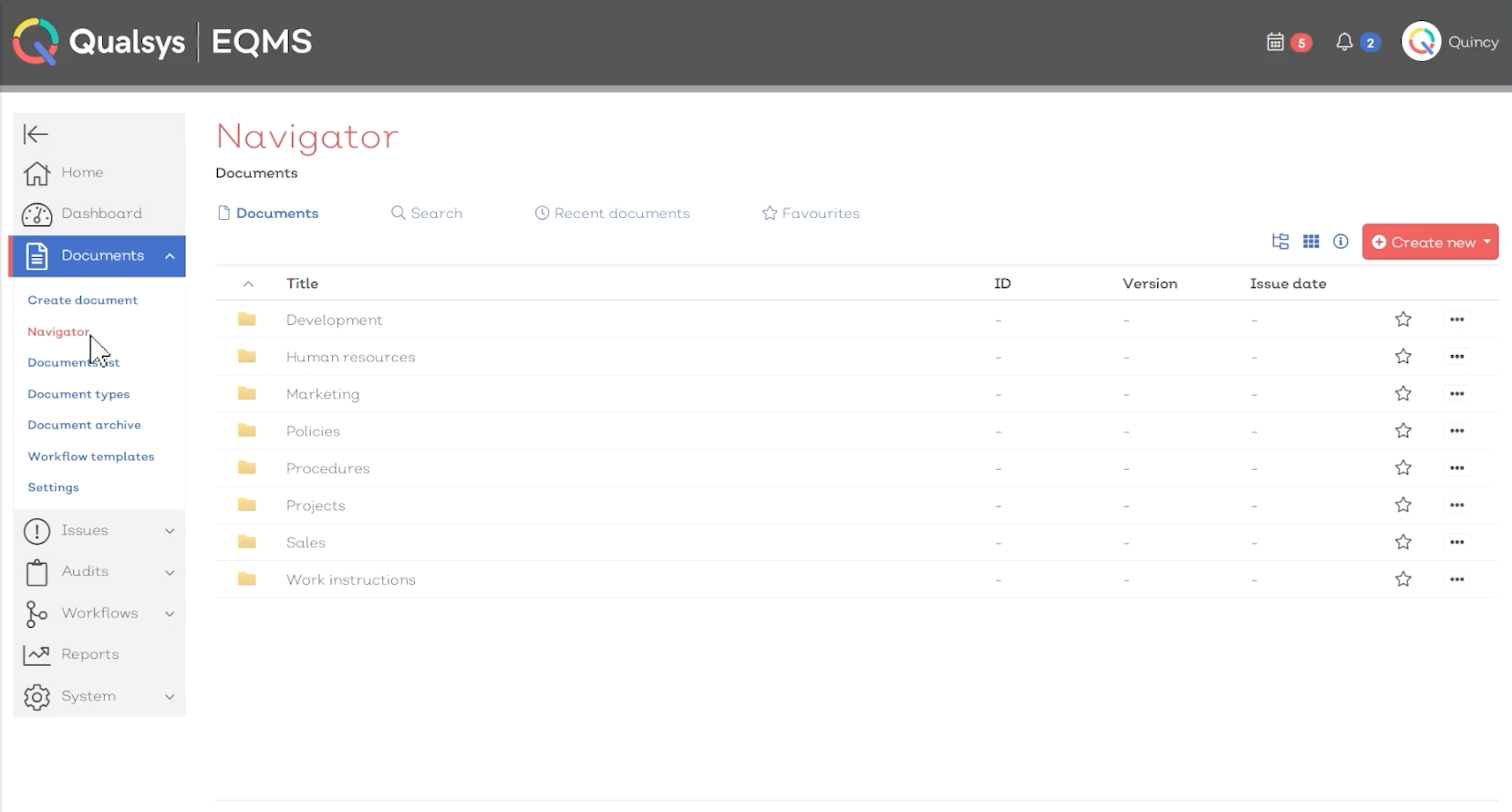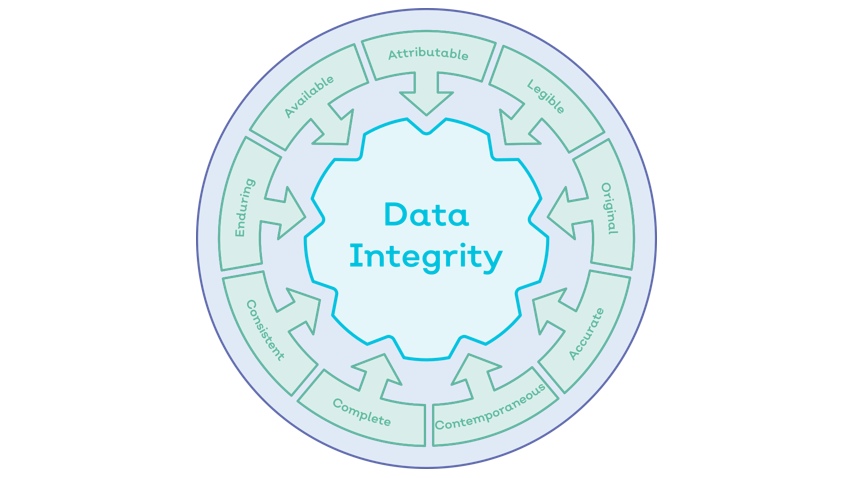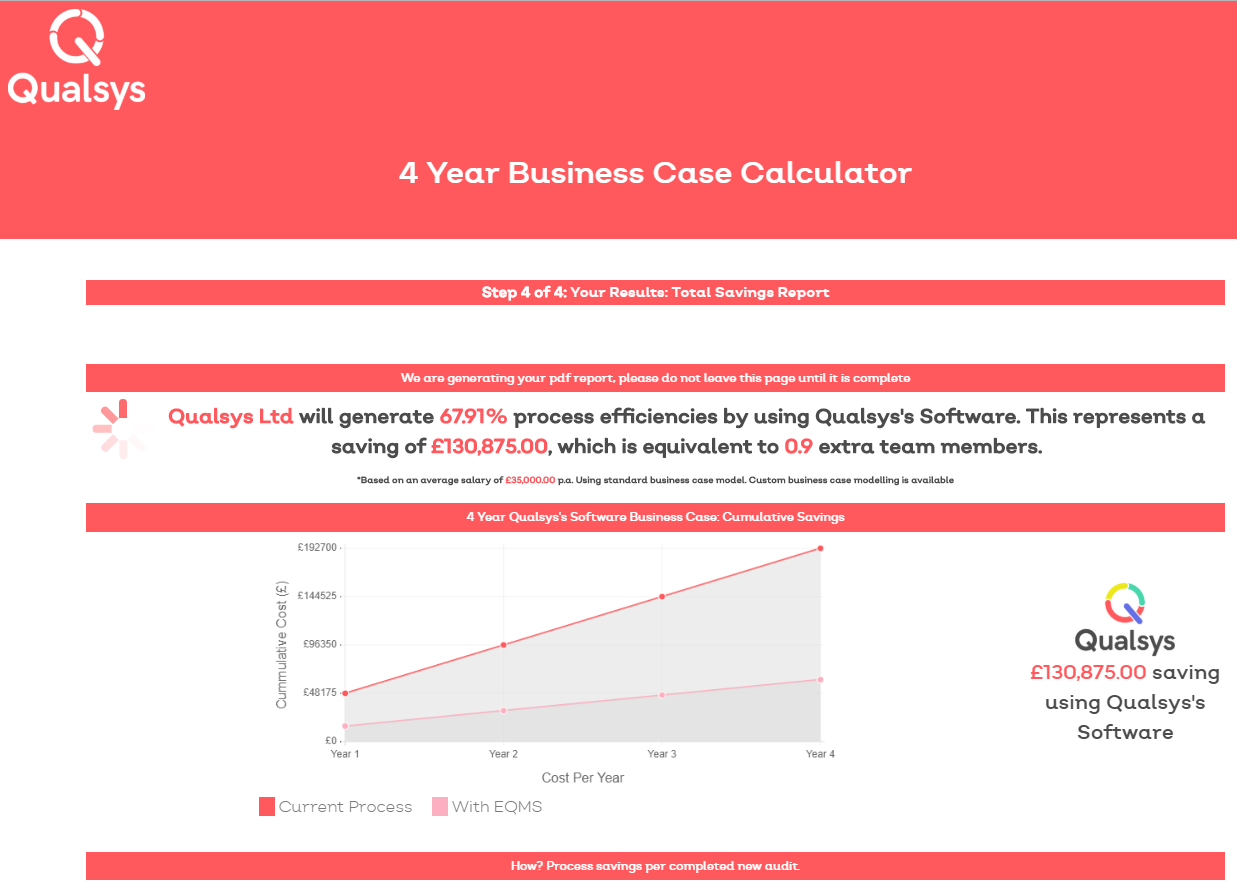Want to contribute to this article?
Information governance and security is paramount for any organisation handling private data. This is especially true for companies whose very business model is based upon discretion.
Online affairs website Ashley Madison exposed a little more than expected this week when a hacking group called ‘The Impact Team’ threatened to release the account data of its 38 million users. The hackers main point of contention does not lie with the infidelity of Ashley Madison users, but with the website’s policy of charging users £15 to carry out a full delete of their data – while often retaining credit card information and private addresses.

The hackers demand that Avid Life takes Ashley Madison offline permanently, and has no doubt prompted all of the websites users to question the validity of Ashley Madison’s ‘Trusted Security Award.’
While your organisation may not handle data as intimate as Ashley Madison does, this kind of security nightmare will hit close to home for some businesses. In the past three years, 14% of companies have had a data breach.
While these data breaches vary in severity, many would argue that even a little leaked data is too much. So what are the repercussions for poor information management?
At the recent AIIM Forum, ‘The Doctor’ of information management, Doug Miles, discussed the biggest concerns surrounding information governance. These include:
- Excess litigation costs
- Loss of valuable information
- Loss of customer confidence
- Bad publicity

But before we grab our pitchforks, it’s important to understand that data deletion is not as straightforward as it may seem. There are enormous commercial pressures within companies to keep valuable user data, as well as legal and compliance requirements concerning backup data. It can be expensive and complex to completely erase data and is made even more difficult if you have a poor or haphazard set of databases with ad-hoc links and multiple processes.
However, redundant data is never beneficial for a business. When it comes to ROT data (Redundant, Obsolete and Trivial), Toby Bell, IBM’s ECM Marketing & Strategy Lead, recommends companies ‘Kill them all!’

Successful information governance is built upon a successful management system. EQMS software consolidates and integrates governance, risk management and compliance initiatives across your organisation with a single solution.
With steadfast security and built-in compliance, EQMS Document Manager delivers unshakeable control over your policies, procedures and other critical documentation. Document Manager helps to clear your system of ROT data by ensuring that users only access the latest version of important documents and prevent the use of inaccurate and out-of-date material.
Manage security breaches, data leaks and other business risks easily and efficiently with EQMS Risk Manager. Easily configured to support your risk and control framework to address both Operational risks and Enterprise risks, EQMS Risk Manager enables you to control and manage risks with complete confidence.
Make sure you use protection and learn more about EQMS software here, or follow the link below.
Picture Credits
www.ashleymadison.com
www.sadanduseless.com









Share your thoughts on this article